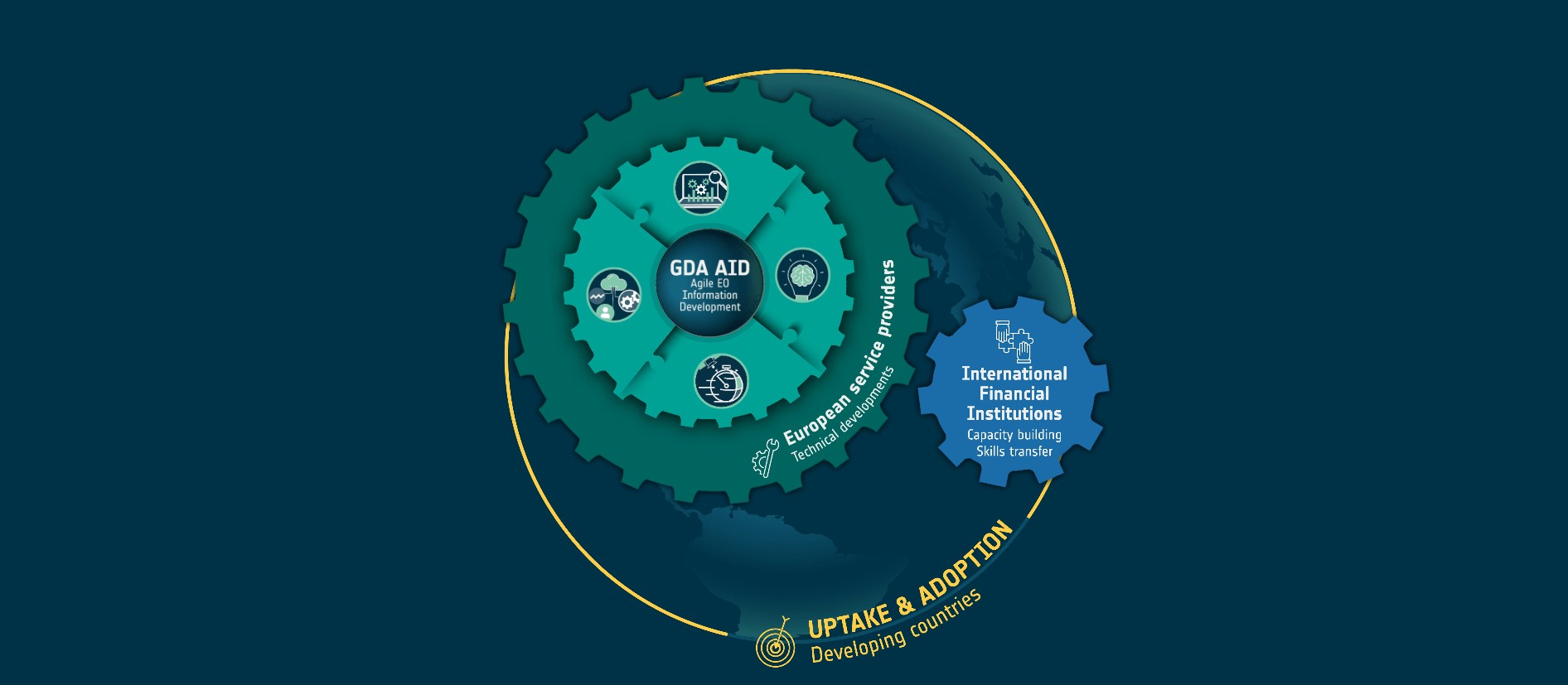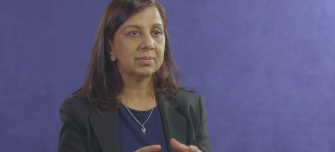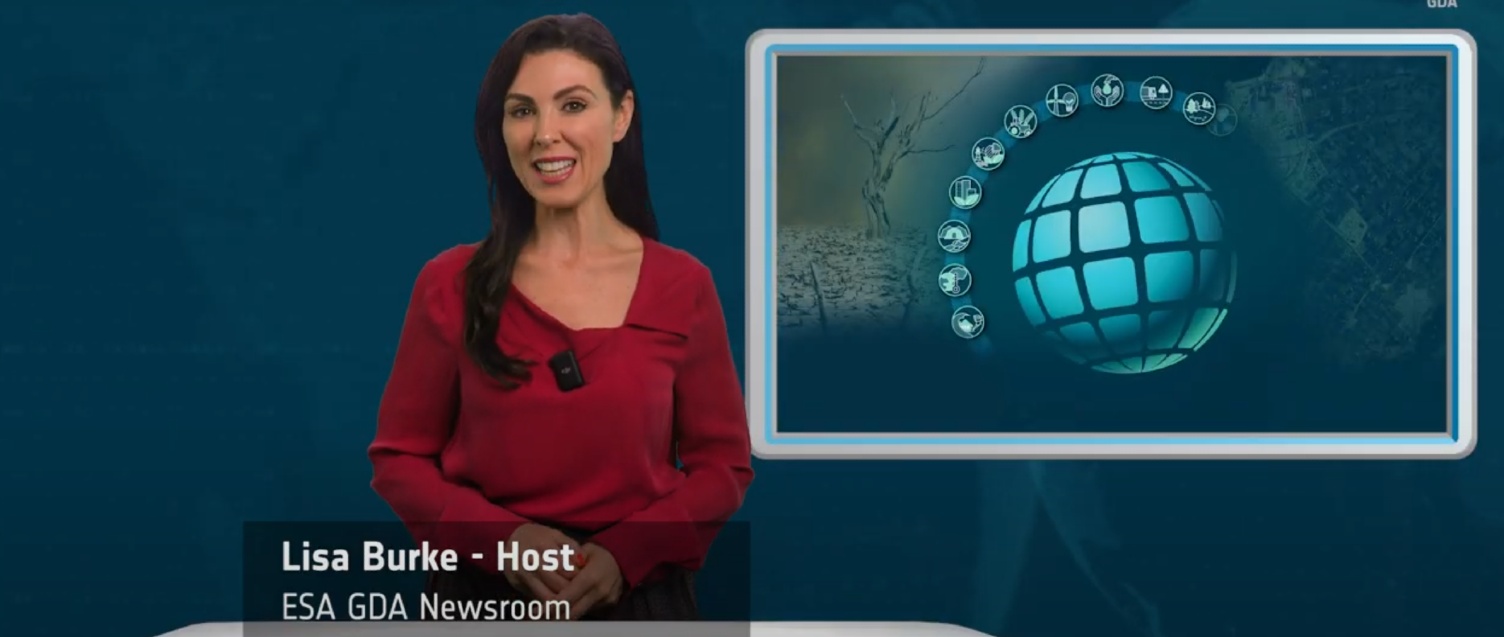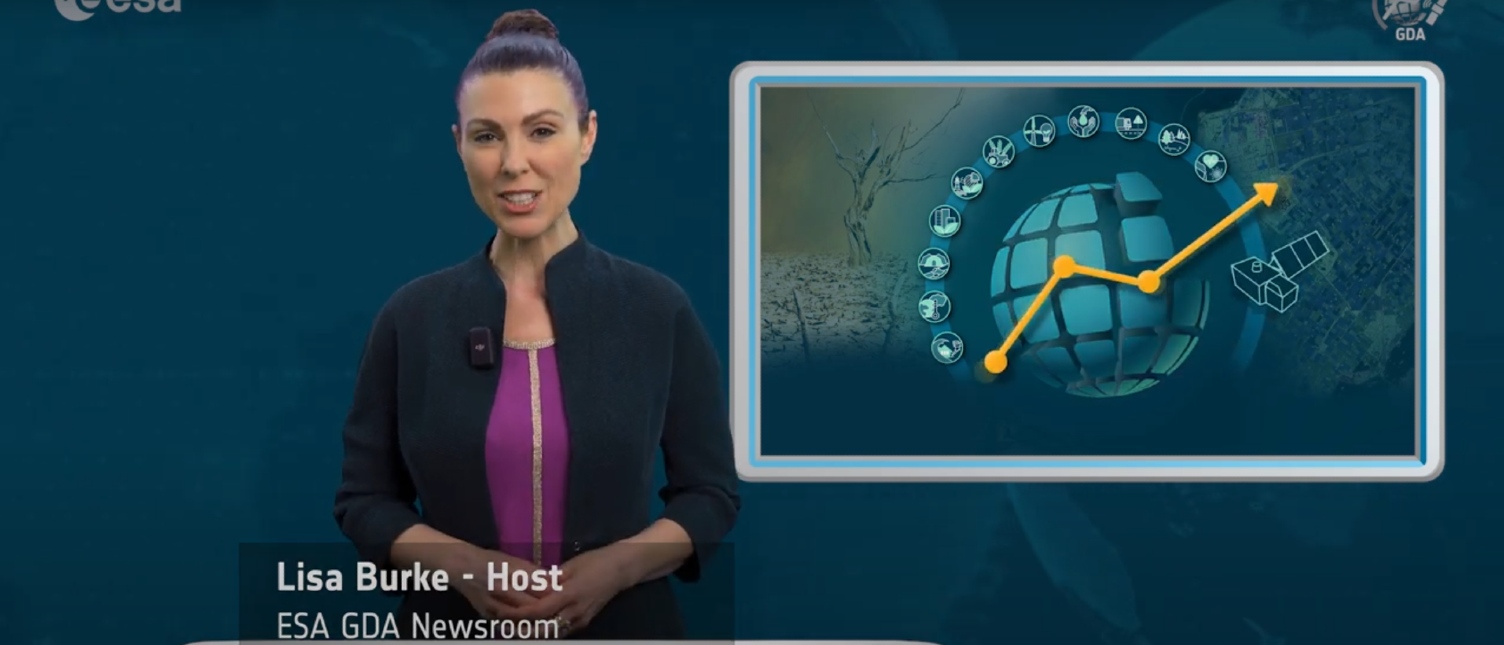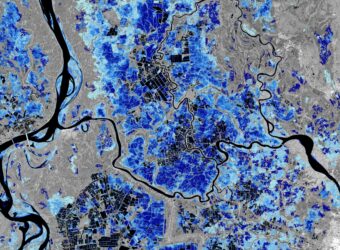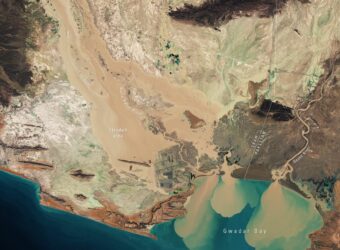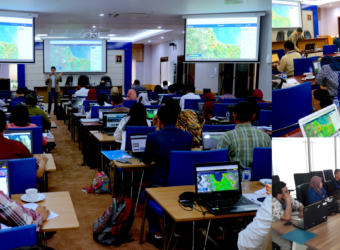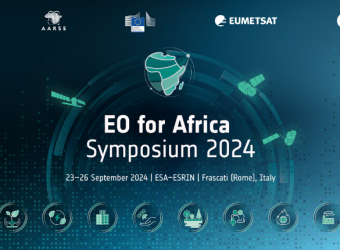International collaboration and innovative technologies to enhance global disaster risk management take centre stage in Himeji City.
The 2024 Understanding Risk Forum (UR24) was held from 16 – 21 June in Himeji City, Japan. This prestigious event brought together over 1,000 participants, including disaster risk management experts and practitioners from around the globe. They discussed how to better understand and mitigate risks from natural hazards.
The forum was the opportunity to share best practices and foster new collaborations. The European Space Agency (ESA) and its partners actively participated in the conference, hosting several sessions that underscored the collaboration with International Financial Institutions, particularly through the Global Development Assistance (GDA) programme. ESA’s initiatives were at the centre of discussions across sectors, highlighting the pivotal role of satellite data and technologies in enhancing disaster resilience.
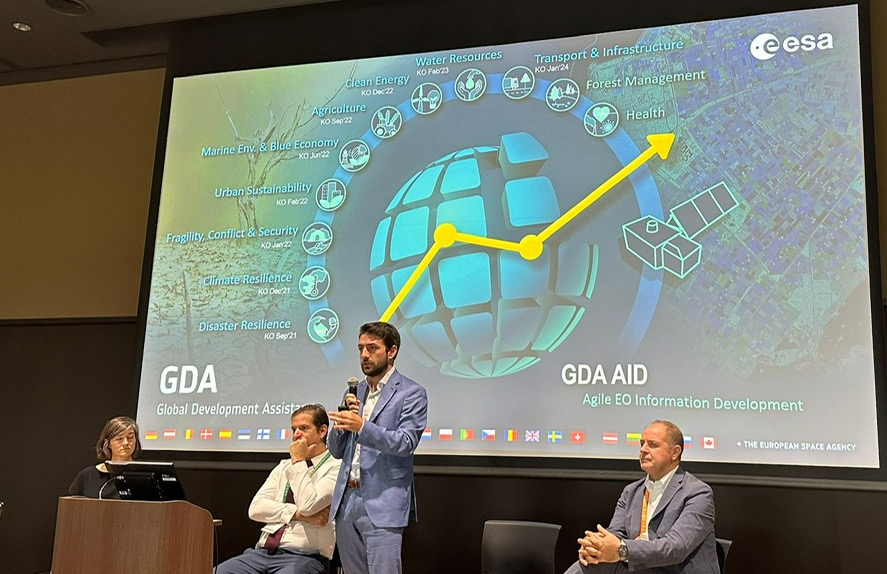
A highlight of the forum was ESA’s focus day event on the GDA Disaster Resilience activity, which showcased innovative applications of satellite technology to support development projects on disaster resilience. Members of the GDA Disaster Resilience consortium, including Indra, CIMA, Argans, and DLR, presented concrete examples, including the implementation of large-scale exposure mapping, the identification of investment opportunities in Nature-Based Solutions, the design of disaster-related financial triggers, and finally, the monitoring of coastal resilience indicators.
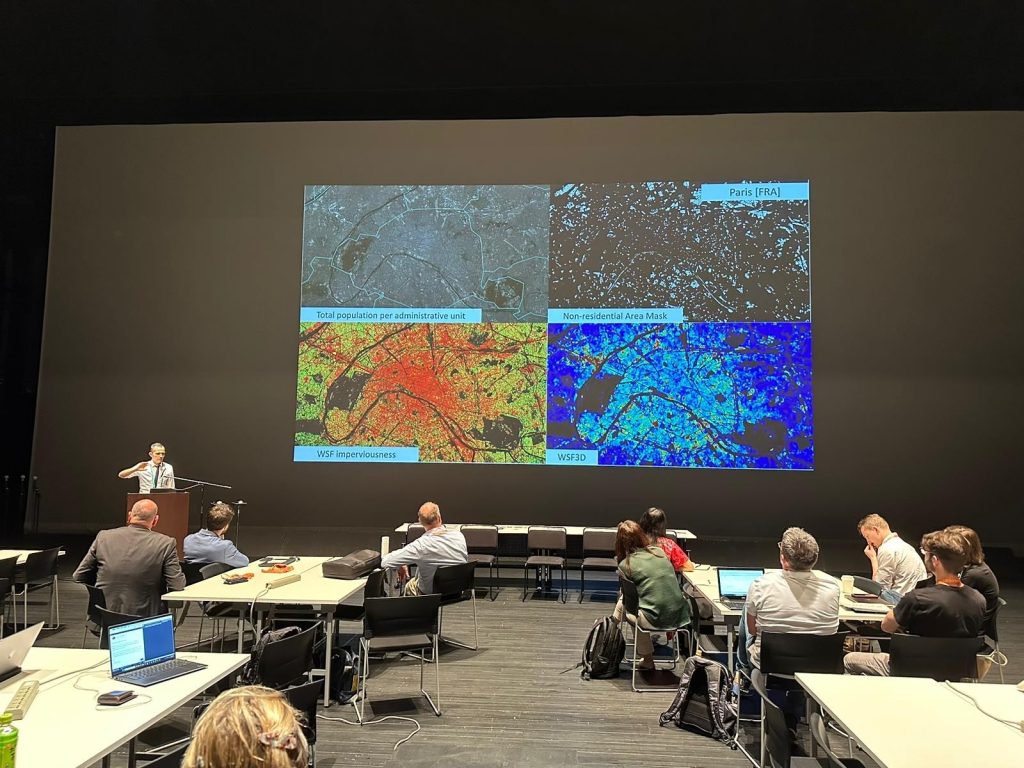
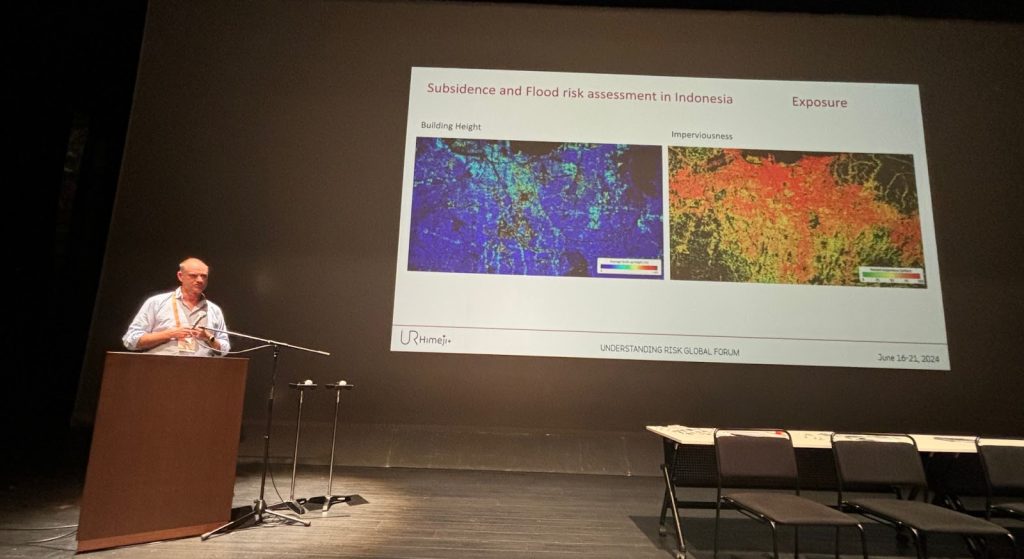
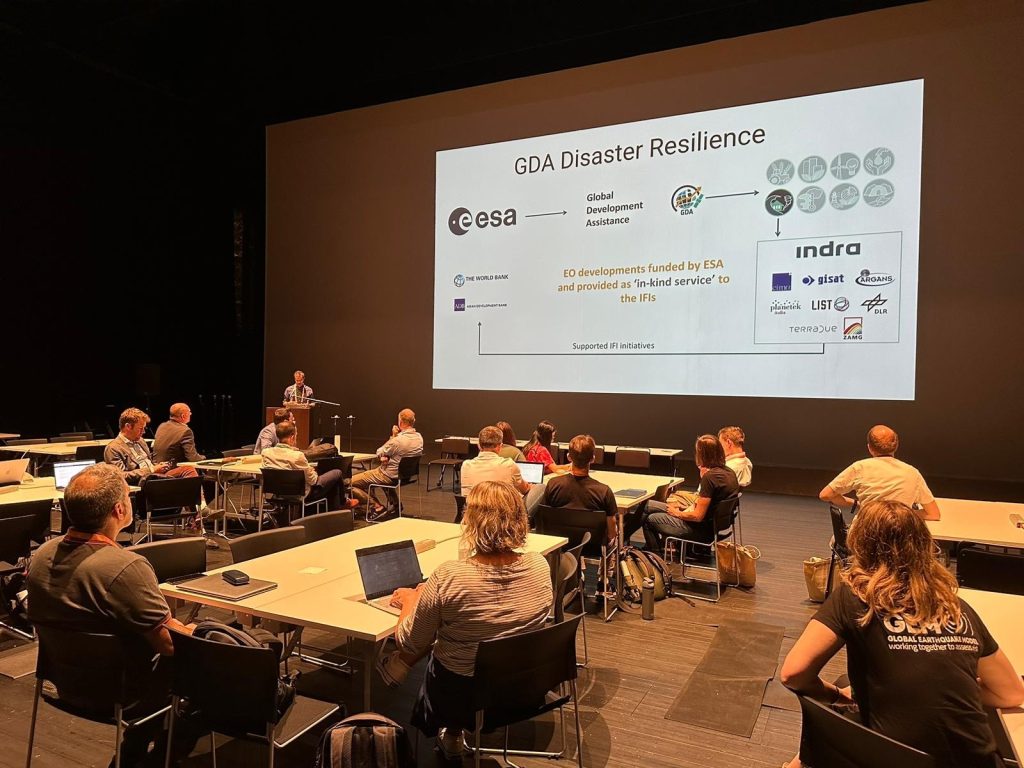
In addition, the World Bank Digital Earth Partnership team organised a session highlighting its strategic collaboration with ESA. This session explored broader cooperation opportunities aimed at enhancing sustainability and scaling up the adoption of Earth observation technologies.
Finally, Argans led a special event, in collaboration with World Bank teams from Ghana, Bangladesh, and East Timor, focused on using Earth Observation (EO) to model coastal erosion and flooding. This event included stakeholders from developing countries, who provided valuable perspectives on adopting and transferring these technologies.
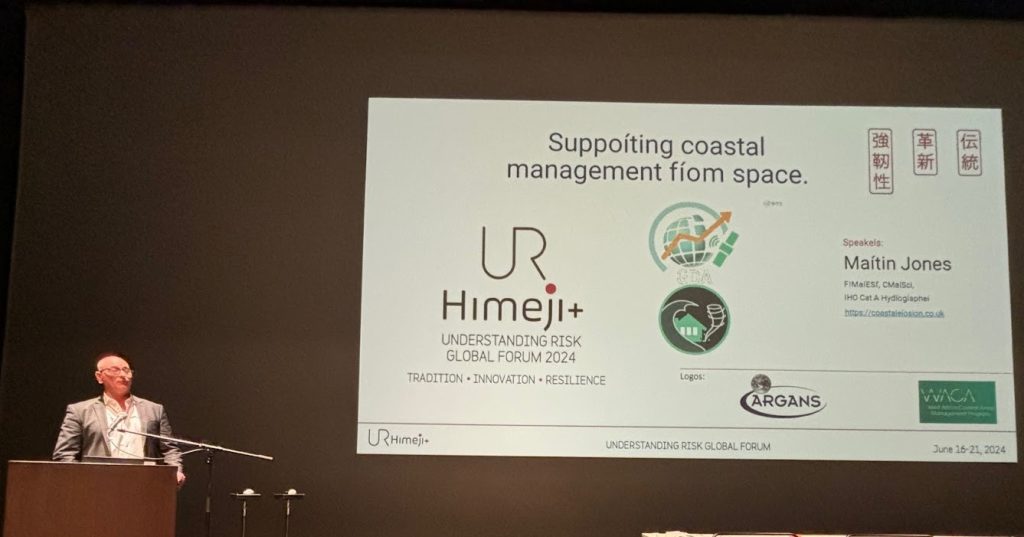
“The participation in UR24 was an opportunity to strengthen our strategic collaborations with institutional partners and deepen our engagement with country teams and local stakeholders,” said Alex Chunet, Earth Observation Application Engineer at ESA.
UR24 underscored the importance of international collaboration and innovative technology in managing disaster risks, paving the way for more effective and sustainable solutions globally.



